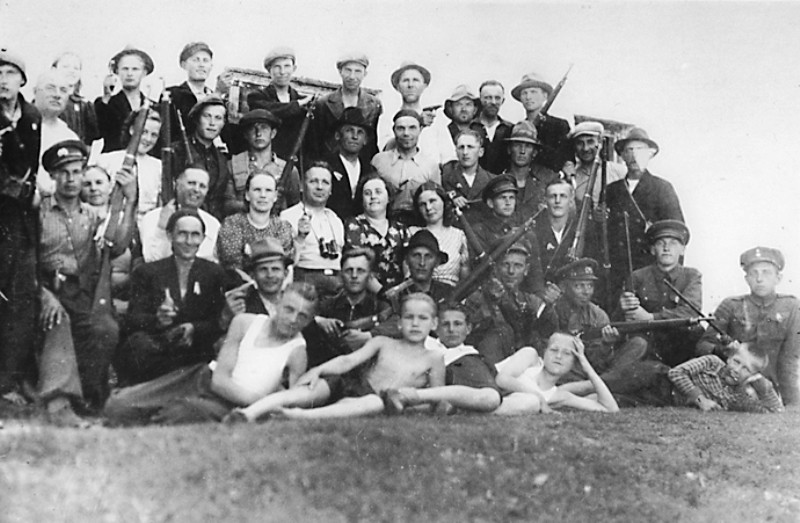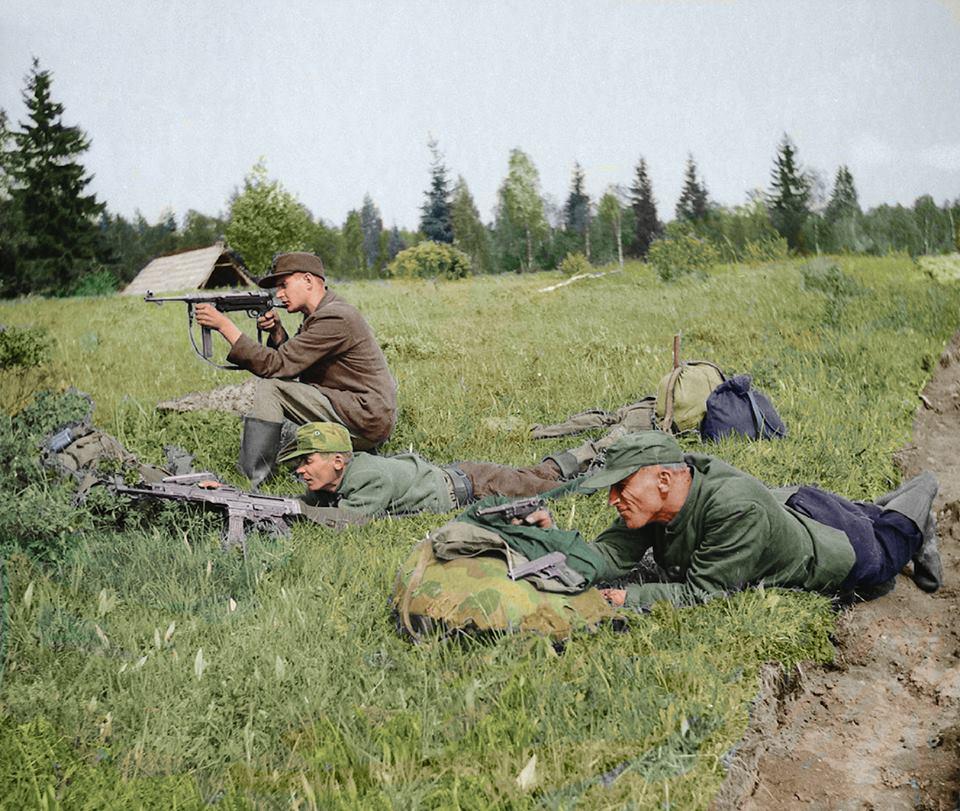NATO has released a short, dramatised documentary about forest brothers – the Estonian, Latvian and Lithuanian partisans who waged a guerrilla war against the Soviet occupation.
Forest brothers (in Estonian: metsavennad, in Latvian: meža brāļi, and in Lithuanian: miško broliai) were the partisans who waged a guerrilla war against the Soviet invasion and occupation of Estonia, Latvia and Lithuania during and after the Second World War.
The members of the resistance movement were so named because they primarily sought refuge in the forests, from where they organised surprise attacks on smaller enemy units. In Estonia, approximately 14,000-15,000 men participated in fighting between 1944 and 1953, although some estimates put the total number as high as 30,000.
Causing a headache to Soviets
Estonia’s forest brothers were most active in Võru County and the border areas between Pärnu and Lääne Counties, with significant activity between Tartu and Viru Counties as well. From November 1944 to November 1947, they made 773 armed attacks and killed about 1,000 Soviets and their supporters. At its peak in 1947, Estonian forest brothers controlled many villages and towns, and Soviet supply transports required significant armed escort.
Hence, the Soviet occupying power considered the members of the armed resistance movement as criminals or bandits and special task forces, responsible for dealing with them, were set up. But despite the massive Soviet power and resources, the quelling didn’t go smoothly and it took for years to put an end to the resistance.
In fact, the last surviving forest brother in Estonia, August Sabbe, was discovered by the Soviet KGB agents – posing as fellow fishermen – as late as 1978. But instead of surrendering, Sabbe leaped into a river and hooked himself to a log, drowning. KGB later insisted that the 69-year-old Sabbe drowned while trying to escape – a theory difficult to credit given the shallow water and lack of cover at the site.
The new short drama includes interviews with former partisan fighters and those who supported them in Estonia and Latvia. It also includes dramatic battle scene recreations and interviews with modern-day special forces in Lithuania.
Russian foreign ministry accused NATO of attempting to “falsify history” following the release of the film. The ministry’s spokeswoman, Maria Zakharova, claimed that “among forest brothers were SS soldiers and thousands of civilians were killed.”
I
Cover: Forest brothers with families in Võru County (courtesy of Estonica.org)


